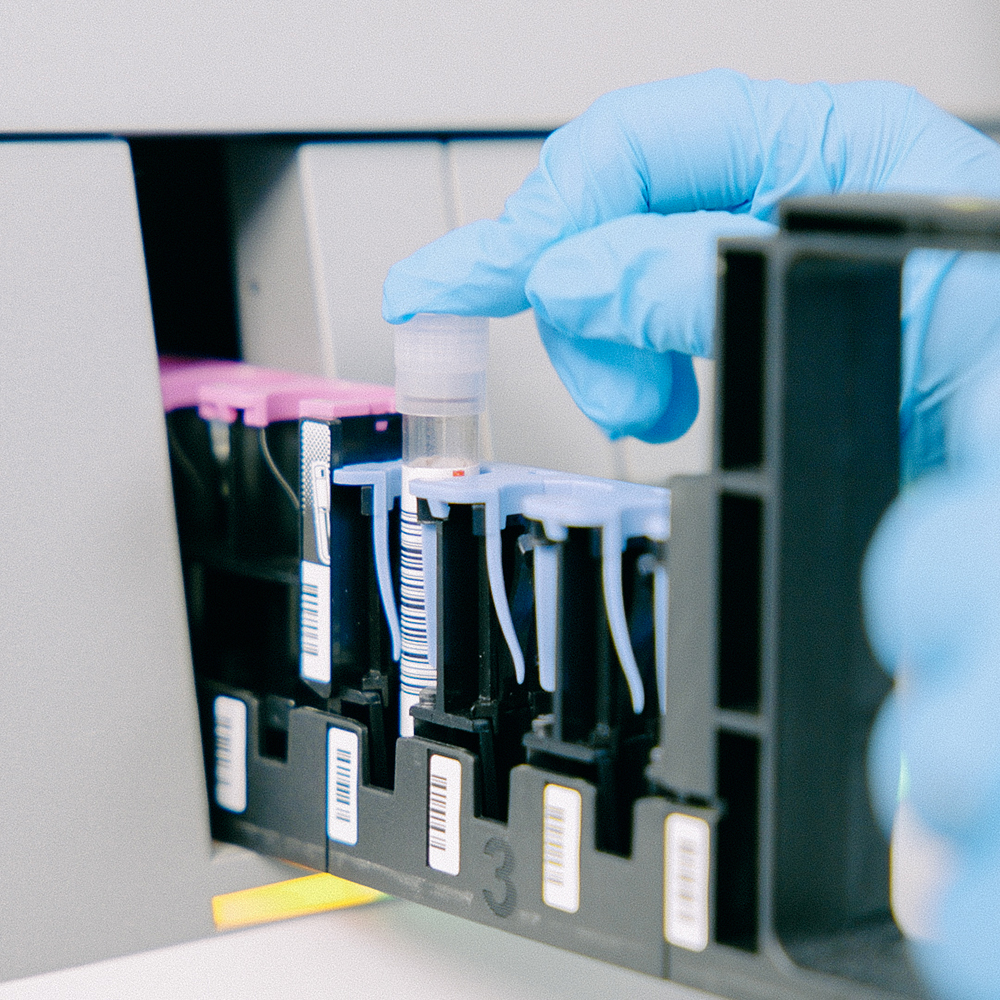Vitamin D test
£38.00
-
Results within 24 hours
-
Blood draw included
What is being tested?
Two primary forms of vitamin D are tested that can be measured in the blood, these are changed by the liver into 25 hydroxyvitamin D or 25(OH)D, and 1.25 dihydroxyvitamin D.
25(OH)D is the most reliable indicator of overall vitamin D status in your body, it is also the most commonly factor measured during this type of test, this is because 25 hydroxyvitamin D remains in blood longer and can be detected with greater levels than what is found with 1.25 dihydroxyvitamin D.
If required, 1.25 dihydroxyvitamin D can be assessed to determine if your kidney is effectively converting the inactive 25(OH)D to 1.25 dihydroxyvitamin D.
When should a Vitamin D test be done?
Consider taking a vitamin D test if you are experiencing any symptoms of potential Vitamin D deficiency, or are in one of the at risk groups, you are free to take the test just to keep up to date with your current levels.
Possible symptoms of vitamin D deficiency include:
- Fatigue
- Muscle weakness
- Mood changes
- Bone pain
Can you have too much Vitamin D?
It is important to take the daily recommended dose of vitamin D, although extremely unlikely to happen, it is possible to take too much vitamin D causing a toxic reaction, symptoms of this will be nausea, weakness, and stomach pain.
Should I prepare before taking this test?
No preparation is required prior to the test, however, a small blood sample will be taken from a vein in the arm.






